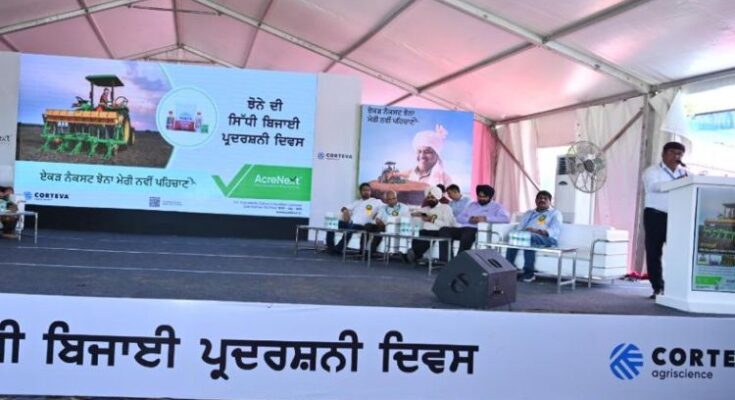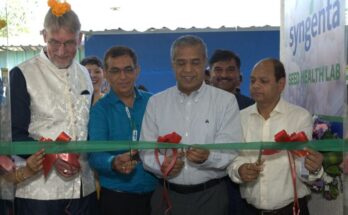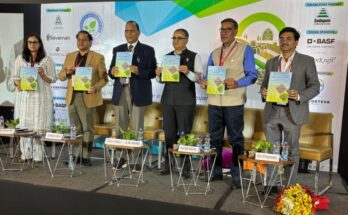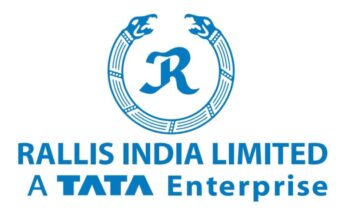Corteva Agriscience, a global agriculture company, organised a field event, ‘Dhan Mahotsav’ in Mansa, Punjab on Wednesday. In the day-long event, agriculture experts and scientists aimed to teach, train, and educate over 600 farmers about the advantages of AcreNext next generation rice farming. The programme aims at enhancing the understanding and knowledge of the benefits of adopting direct-seeded rice (DSR) – a resource-efficient technology that overcomes limitations of traditional cultivation techniques and improves the sustainability and profitability of rice farming.
To extend their support towards more holistic agronomic practices, the event was attended by Gurpreet Singh, MLA and Chairman, Farmer Committee, Punjab and Dr. GS Buttar, Director – Extension Education, Punjab Agricultural University.
The traditional cultivation methods in India for growing rice varieties require farmers to sow existing seedlings into puddled fields and flooding fields to eradicate weeds. These methods need additional labour and a massive influx of water resources. Corteva is aware of farmers’ limitations and seeks to change farming practices by educating farmers and giving them access to more comprehensive and sustainable solutions.
You may also like to read: Need to intensify efforts towards increasing agricultural productivity and market linkage
Dr GS Buttar highlighted the role of PAU in making farmers aware of DSR technique and also highlighted the steps the farmers should take to make DSR a lively practice. He emphasised the role of field preparation, weed management and water usage in the DSR way of farming.
“Over the last few years, India has observed challenges in terms of unpredictability in the weather which has impacted the yield output and profitability of the farmers. To overcome these challenges, we must bring in changes to our everyday agriculture practices for a better and more sustainable future. Private sectors participation and contribution will assist in helping farmers adopt sustainable agricultural practices and increase their productivity and profitability,” Gurpreet Singh said. He also thanked the company for conducting such events to educate farmers regarding DSR and also highlighted the steps the government is taking to encourage DSR.
You may also like to read: Gram Unnati, JSL, KVK- Hisar conduct training camp with farmers for Rabi season
AcreNext is an integrated direct-seeded rice programme meaning hybrid rice seed is planted directly into the rice main field. The hybrid seed has a better yield, can be planted using mechanised sowing services and is compatible with highly efficient crop protection solutions that do not require fields to be flooded. This comprehensive offering helps rice farmers produce healthier rice crops that mature faster with increased yields while being less water and labour-intensive. Through the AcreNext programme, the company provides farmers with training in better farming practices and access to an integrated solution that delivers the right product for the right acreage that maximises productivity and profitability.
Highlighting the allegiance to bringing sustainable agricultural practices in India, Gurpreet Bhathal, Marketing Director, Corteva Agriscience said ‘Corteva Agriscience is committed to helping farmers adopt sustainable and holistic agronomic practices. Direct-seeded rice (DSR) consumes less water, produces better yield, and enables rice farming in control of the growers thus increasing productivity and profitability. Through Dhan Mahotsav, we aim to share widely the solutions that deliver the right product for the right acreage to the farmers of Punjab so that they can further educate, adopt and advocate these integrated practices.”
The demand for rice is projected to increase manifold and to meet this growing demand, rice production needs to dramatically increase over the years. Thus, comprehensive training and education on agronomic and crop protection practices for direct-seeded rice becomes even more important than ever.





